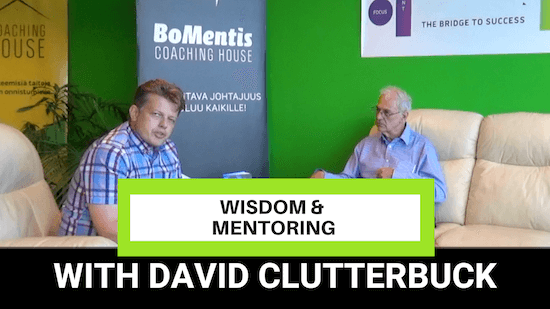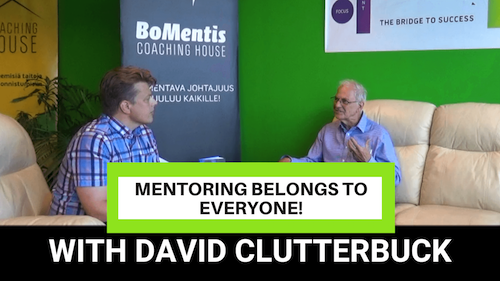How to have gravitas as a team coach
Gravitas is one of the Ancient Greek virtues, a combination of “dignity, impressiveness, seriousness, influence, weight and presence” in the words of Caroline Goyder, a specialist voice coach and scholar on the topic. How to develop gravitas as a team coach?












